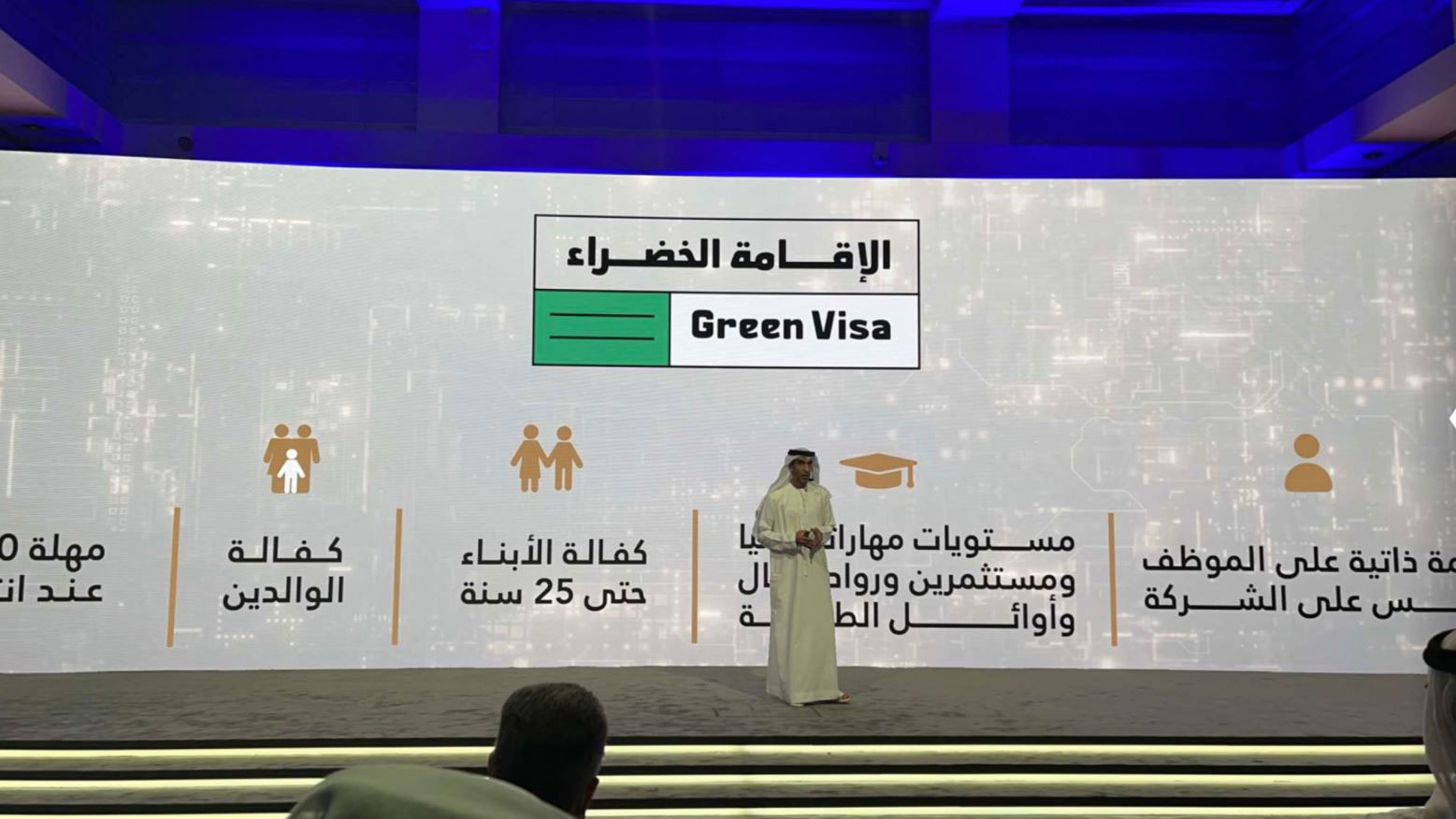



Since the announcement of the new visa residency rules by the UAE cabinet last month, a wider group of people are being allowed to visit, live, and work in the country. The new announcements are being deemed to encourage talented individuals and retain existing talents across industries to make the UAE a desirable destination for families and businesses all over the world. From the introduction of added residency options to the facilitation of long-term residency, the new regulations consist of reforms that are exemplary in their own ways and have received an incredible response.
Be it the new five-year permit termed the “Green Visa” or the permission to sponsor children—the new changes have been welcomed by individuals, businesses, and organisations across the UAE and beyond. In one of our previous blogs, we shared in detail about the new changes and their potential implications, and in this one, we collate information about the visa types and the people who can opt for them.
This visa is a five-year visa granted to professionals — specifically people with valid employment contracts and those who fall under the first, second, or third occupational level as per the Ministry of Human Resources and Emiratisation. The only requirements for a Green Visa for full-time employees are that they draw a salary of AED 15,000 and have a valid Bachelor’s degree. The Green Visa is also granted to freelancers and investors and has been launched with the aim of attracting highly skilled people, investors, and entrepreneurs.
With an aim to make it easier for families to live and work in the UAE and foster a sense of community belongingness. They allow residents to sponsor family members. This visa allows families to sponsor their sons till the age of 25, unmarried daughters, and children of determination for an indefinite time. For residents with a Green Visa, it is now possible to sponsor first-degree relatives until their own residency expires.
This particular visa is for students. The visa, sponsored by an educational or academic institute in the UAE, allows the students to stay in the country and study for two years.
Remote workers can enjoy a visa of up to one year. This is applicable for workers whose employers are outside the UAE, making it one of the most lucrative offerings of the new regulation. For the retirement visa, the duration is five years, making it possible for professionals who have worked for their employers in the UAE to stay back and live in the country even after they are no longer working.
For the people allowed to stay in the country on humanitarian grounds, there are three categories: female residents whose husbands have passed away but have a child(ren); the parents or children of UAE citizens with foreign passports, and the spouse and children of GCC citizens who hold foreign passports. Another category that deepens the UAE’s position as a preferred place to live and work is the visa for real estate owners that allows a two-year residency for a property purchase. Real estate investors can obtain a Golden Residence if they have a property worth AED 2 million or more in the UAE.
With all the aforesaid offerings, the new system is set to have a positive impact on the UAE’s economy and will help the country realise its long-term goals of making it easier for people across the world to visit, live, study, and work here.
Also read:
What do the UAE’s new exemplary visa decisions mean for the country?
UAE’s remote working visa: How does the SME ecosystem stand to benefit?
Don’t forget to share this post!
We use cookies to enhance your experience on our website. If you continue using this website, we assume that you agree with these. Learn more.


